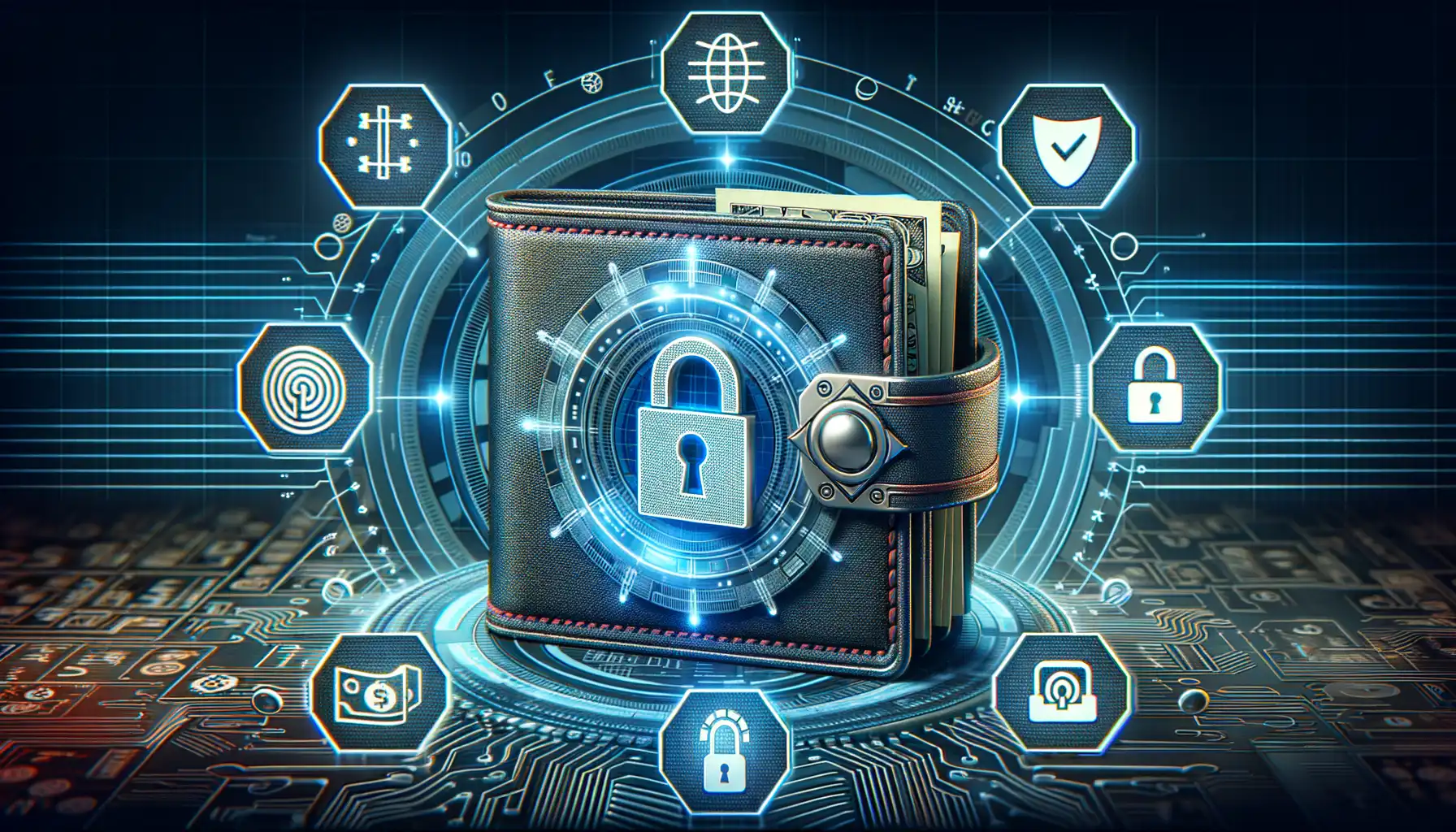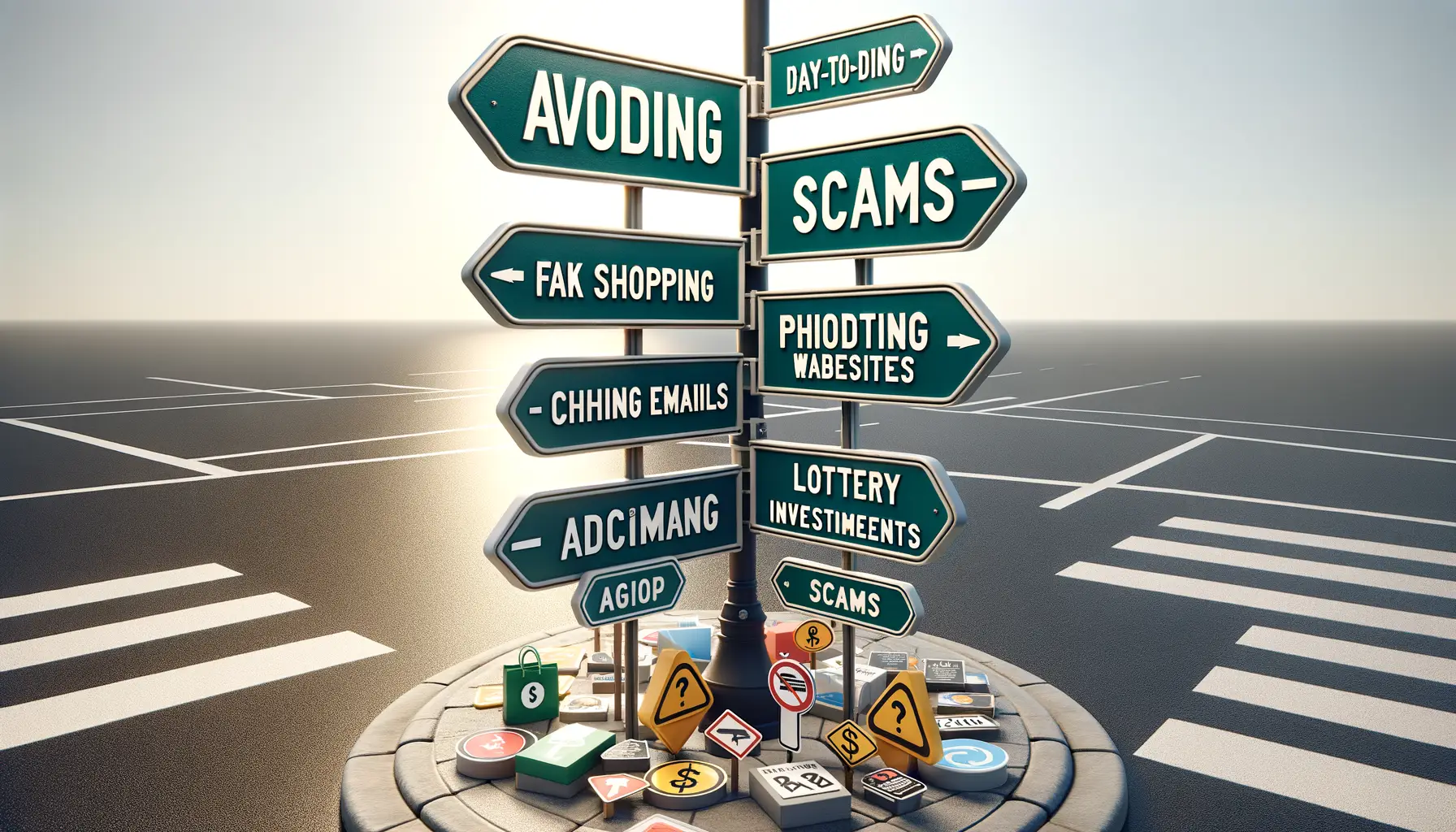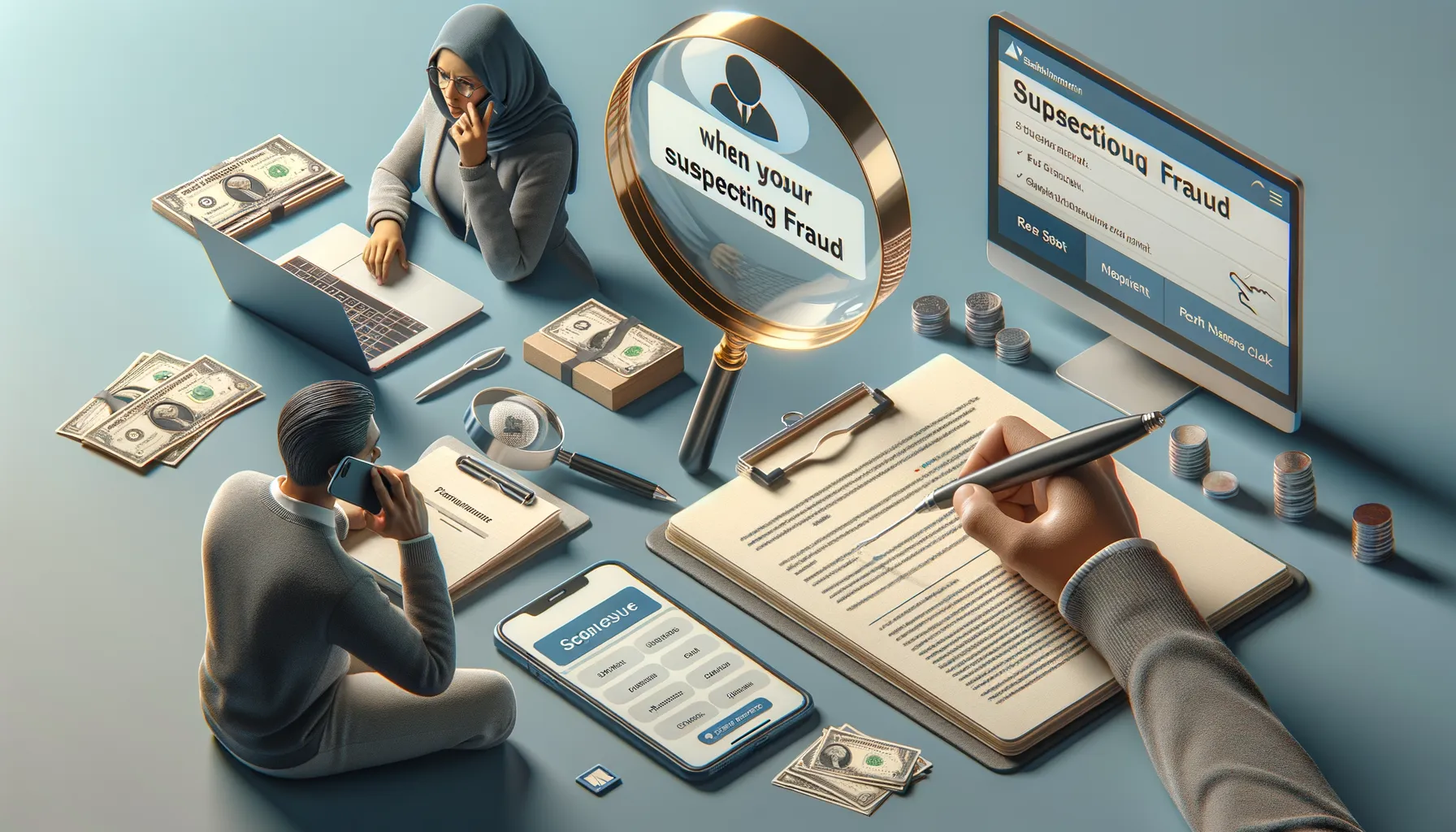Understanding Online Coin Transaction Risks
Why Online Coin Transactions Can Feel Like a Tightrope Walk
Stepping into the world of online coin transactions can feel thrilling—like discovering buried treasure. But beneath the gold glimmers, there’s a web of potential pitfalls waiting to trap the unsuspecting. From phishing schemes disguising themselves as trusted platforms to sophisticated hacking attempts, risks abound if you’re not careful.
Here’s the thing: every transaction you make online is part of a digital conversation. And just like in real life, you wouldn’t talk about your biggest secrets with a stranger on the street, right? That’s exactly the kind of caution online coin trades demand.
But what are the specific risks you should watch out for?
- Fake exchanges: Scammers set up counterfeit websites that look deceptively professional, luring users to “trade” their coins into oblivion.
- Malware attacks: One careless click on the wrong link, and suddenly your system is hosting spyware that sniffs out sensitive wallet keys.
- Imposters: Con-artists pretending to be customer service agents or trustworthy sellers can manipulate you into handing over critical access information.
Understanding Human Error’s Role in Risk
It’s easy to think, “That could never happen to me,” but let’s be real—nobody clicks on suspicious links deliberately. Often, it’s small, innocent-seeming actions, like rushing a trade late at night or reusing passwords, that open the door for fraudsters. Imagine your digital wallet as your home safe. Would you leave it unlocked while telling a stranger your security code? Exactly.
By staying vigilant and questioning every interaction, you’ll greatly reduce your vulnerability. Don’t underestimate the danger of taking shortcuts when it comes to protecting what’s precious.
Best Practices for Securing Your Digital Wallet

Guard Your Keys Like Hidden Treasure
Your digital wallet keys are like the keys to a treasure chest—lose them, and your coins could vanish into thin air. Protecting these keys should be your top priority. Never share your private key, not even with someone you trust blindly. Think of it like giving away the PIN for your bank account—risky and unnecessary.
Make sure to store your private keys securely. For instance:
- Consider using a hardware wallet. They’re like safes for your digital assets, keeping your keys offline and out of reach from hackers.
- Use strong, unique passwords for any software wallets, and don’t recycle old ones. Also, enable two-factor authentication wherever possible—it’s like an added lock on your vault.
Avoid Leaving a Digital Paper Trail
Imagine walking through a forest and leaving breadcrumbs—it makes you an easy target. Similarly, avoid storing sensitive information, like recovery phrases or seed phrases, on your phone, email, or cloud storage. These can be gold mines for cybercriminals. Instead, jot them down on paper (yes, the old-school way) and keep them somewhere secure, like a fireproof safe.
And remember to keep your wallet software up-to-date. Those pesky updates may feel annoying, but they patch vulnerabilities that hackers eagerly exploit. Keeping your wallet outdated is like leaving a broken window open—it invites trouble!
Identifying and Avoiding Common Scams

Spotting Red Flags Before It’s Too Late
When it comes to online coin transactions, scams can sometimes be so sneaky they’d make even the most seasoned spy do a double take. Sure, we like to think we’re too clever to fall for them—but scammers thrive on our assumptions. Let’s dive into some tell-tale warning signs that should set off alarm bells.
One scam I’ve seen circulating is the fake wallet app. Imagine carefully saving your digital coins, only to have them vanish because you unknowingly used a shady app. Ouch, right? Check official sources before downloading anything.
Scammers’ Favorite Tricks Revealed
There are also impostor websites—slick yet dangerous. Spotting them takes sharp eyes. Look closely at the URL; a single misplaced letter can lead you straight into a trap. And oh, those too-good-to-be-true investment pitches from social media influencers? Think twice before trusting someone with a flashy lifestyle and a microphone.
Tools and Technologies for Enhanced Security

Advanced Shields for Your Digital Gold
Protecting your online coin transactions is a bit like guarding an ancient treasure chest. You need top-notch tools and cutting-edge technology to keep prying hands away. Thankfully, there’s a wealth of options out there to bolster your defenses.
First, let’s talk about **multi-signature wallets**. These wallets act like requiring two keys to open a vault. Instead of just one signature for a transaction, they need multiple sign-offs—think of it as adding layers of trust. Even if a hacker gets their hands on one key, they’re locked out without the others.
Then there’s the unmatched power of hardware wallets, sometimes called “cold wallets.” Picture this: your coins are tucked safely into a device that’s completely offline, out of reach from the digital villains lurking on the internet. It’s like storing gold bars in a fireproof safe.
- Two-Factor Authentication (2FA): A simple yet bulletproof step to verify your identity beyond just a password.
- Encryption Tools: These scramble your data into unreadable gibberish for anyone without the decryption key. Think of it as speaking in code only you understand.
Real-Time Alerts and Monitoring Systems
Ever wish you had a personal alarm system for your transactions? Good news—you *can*! **Fraud detection software** keeps a vigilant eye on suspicious activity, notifying you instantly if something feels off. It’s like having an ever-watchful cyber bodyguard.
Some platforms even offer **IP address whitelisting**, ensuring that only devices from approved locations can access your account. That’s one less thing to lose sleep over, right? For the extra cautious, consider browser extensions that flag phishing sites before you even click.
Technology evolves every day—make sure your defenses do too!
Steps to Take if You Suspect Fraud

First Steps to Pin Down the Problem
If your gut tells you something’s off with your online coin transaction, listen to it—don’t ignore those red flags. The digital world can feel like a bustling bazaar, full of shiny promises, but if you’ve noticed discrepancies or suspicious activity, it’s time to act fast.
Start by retracing your steps. Did you unknowingly click on a tempting but shady link? Or maybe you sent coins to an address that seemed “off”? Stop any further transactions immediately—it’s like slamming the brakes when you see danger ahead. Check the details of the transaction carefully: wallet addresses, amounts, timestamps. Often, fraudsters trip up in these small cracks.
If you’re using a platform or exchange, head straight to their support center. Don’t just submit a vague ticket; over-explain the problem and attach all relevant screenshots. Time is money, quite literally here, so make the case airtight.
Alert Key Players and Lock Things Down
Once you’ve identified foul play, take these crucial next steps:
- Contact your wallet provider: Many wallets have fraud detection teams or could freeze your account temporarily.
- Report to authorities: Depending on your location, notifying cybercrime units or regulatory bodies can stop a scammer from hitting others.
- Change your passwords: A compromised password is as good as leaving your keys in the ignition of a car thief’s dream ride.
Don’t wait around. Hesitation only gives scammers more time to cover their tracks!
